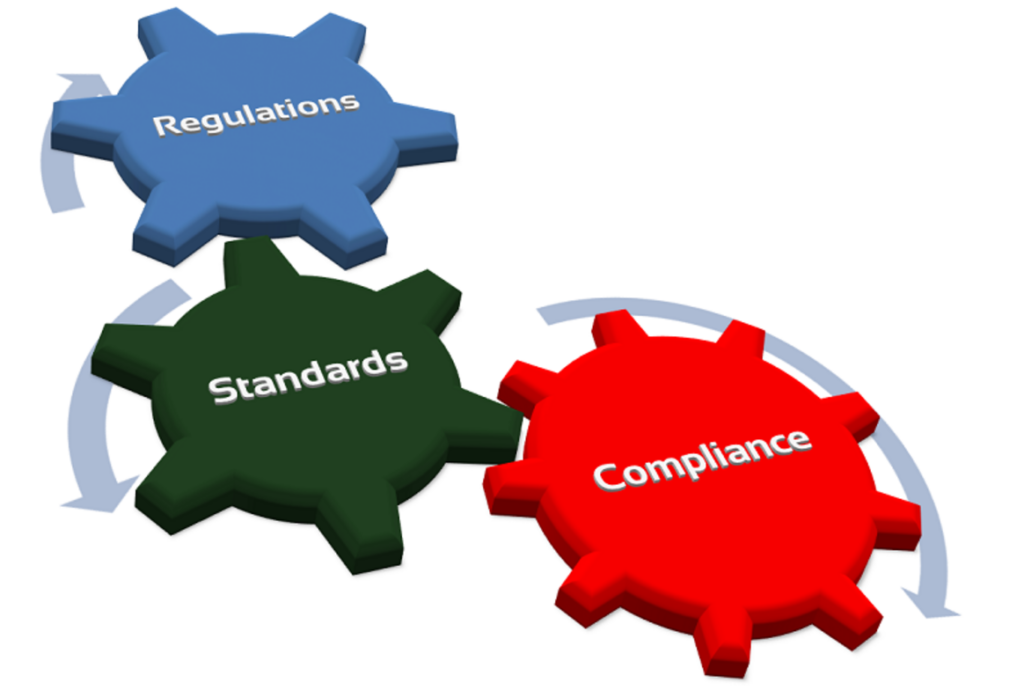The Federal Agency for Technical Regulation and Metrology (Rosstandart) has approved two new standards in the field of big data. The documents were developed by the NTI Competence Center for Big Data of the Lomonosov Moscow State University and the Institute of the Information Society (IIS).
The coordination and approval of the documents was coordinated by the Data Subcommittee (PC 02) of the Technical Committee for Standardization “Artificial Intelligence” (TC 164).
One of the approved standards is GOST “Information Technologies. Big Data Reference Architecture. Part 2: Use Cases and Derived Requirements.” The document is part of a series of five standards on the big data reference architecture and is a Russian-language adaptation of the international technical report ISO / IEC TR 20547-2: 2018 Information technology – Big data reference architecture – Part 2: Use cases and derived requirements. Soon it is planned to approve other standards of the series in Russia.
The adopted national standard describes big data use examples in various fields, including government, healthcare, defense, energy, astronomy, physics, and social media. The paper also provides conclusions on what the big data system architecture should be based. They also build on an analysis of the use cases presented.
Information about the big data usage experience, primarily reflecting American practice, was collected and processed according to a unified methodology, which makes it possible to use them in the planning and implementation of domestic projects in similar areas. Thus, big data plays a significant role in a number of key national strategies and programs, including the development of the information society, the digital economy and electronic (digital) government.
“To clear up the ambiguity and lay a stable foundation for addressing the challenges and opportunities in big data, the International Standards Bodies – the International Organization for Standardization (ISO) and the International Electrotechnical Commission (IEC) – have adopted a set of standards and technical reports. We are endeavoring to make these documents available to a wide range of Russian specialists by adapting them as national standards,” said Yuri Hohlov, head of PC 02, chairman of the IIS Board of directors, project leader of the Big Data Competence Center of Moscow State University.
“Data standards are an essential part of the regulatory framework for artificial intelligence (AI). This is due to various reasons, primarily the fact that the development of the most common AI algorithms – machine learning algorithms – is impossible without specially prepared data sets. In addition, the assessment of the compliance of intelligent systems with the established requirements is also carried out on special test data sets. Thus, the quality of the data used in the creation and testing of intelligent algorithms largely determines the quality of AI applied systems as a whole,” said Sergey Garbuk, chairman of TC 164.
The second approved standard is GOST “Information Technologies. Big data. TOR. Requirements for content and design” – is an original Russian development. The document establishes the basic requirements for the content and design of technical specifications in the field of operating with big data, as well as the features of such technical specifications for state and municipal purchases.
The standard helps to fully reflect the needs of customers interested in the supply of big data arrays, the development and use of big data technologies. This, in turn, helps to reduce the risks of ambiguous understanding of these needs and non-fulfillment of obligations on the part of contractors and suppliers.
“Used properly, big data can help organizations make important strategic decisions, save time and resources, and better understand market trends and needs. Without competent handling of large data sets, it is impossible to develop and apply AI technologies, new production technologies, build digital twins for smart industries, as well as create smart cities,” said the main developer of the standard, Valentin Padzhev, head of the IIS Legal Programs Directorate.
Both approved GOSTs will enter into force on March 1, 2022.
Let us recall that the first national standard in the field of big data entered into force on November 1, 2021. The document establishes Russian-language terms and their definitions necessary when working with big data.
